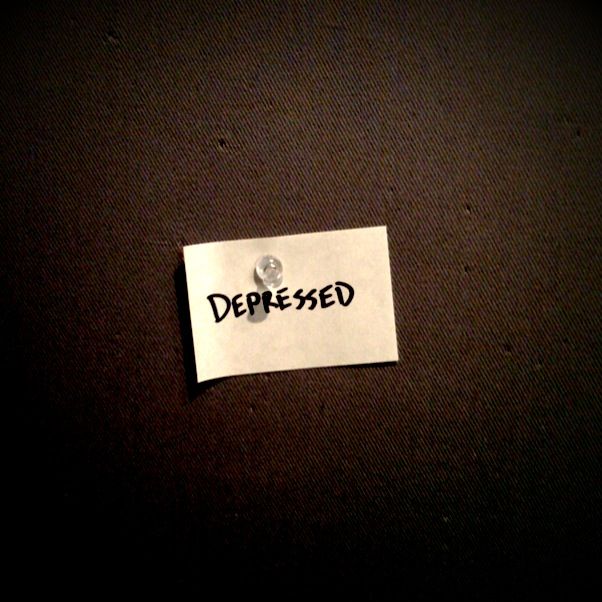
Teenage life can be hard to navigate, especially when you’re a parent looking in from the outside. Teens undergo a great deal of stress from school, sports, extracurriculars, and social and familial expectations. But depression is different than stress—it is long-lasting and more intense. Depression is much more prevalent in teens than many people think, and unlike adults who are aware of available resources, teens rely on family and friends to help them through these tough times.
Encourage Open Communication
Encourage your teen to talk to you about their depression or anything that may be bothering them. Your teen may not want to talk about how they are feeling, but let them know you are there if they want to talk—chances are they will come to you.
Be Supportive
Let your teen know you and your family are there to support them no matter what. This may include simple gestures such as asking them how their day was, offering to help them with a tough school assignment or drive them to soccer practice.
Validate Their Feelings
If your teen opens up to you, don’t dismiss their depression or anxiety—let them know what they are feeling is normal and there are ways to make it better. Suggest looking at treatment programs or local counselling groups they can attend, but keep the pressure off. They need to make the steps in their own time.
Encourage Socialization
Image William Perugini / Shutterstock
A symptom of depression and anxiety is isolation and deterioration of relationships. Encourage your teen to hang out with their friends—it will boost their mood and improve their support system.
Do Things Together
Invite your teen to go on walks or outings with you and your family. This will improve relationships and get them out of the house.
Ask a Doctor
If you are unsure about how to either cope yourself, or help your teen cope, with your teen’s depression/anxiety, seek outside support from your doctor. They may have solutions, including family counselling to help you both cope with the situation.
Featured image Dan McCullough



